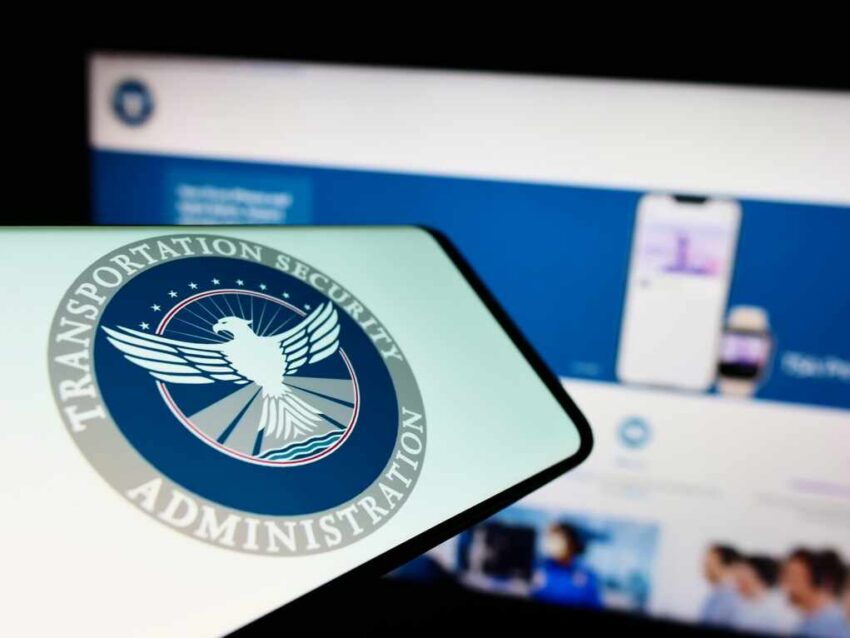Airline lobbyists are blitzing Congress to derail a bipartisan Senate bill that would finally give travelers the right to refuse facial recognition scans at airports, exposing how deeply corporate interests prioritize surveillance over civil liberties.
At a Glance
- Bipartisan Senate bill would guarantee travelers’ right to refuse facial recognition and biometric checks at airports
- Airline and airport industry groups are aggressively fighting the bill, claiming it threatens security and efficiency
- The TSA’s biometric expansion faces mounting criticism for eroding privacy and civil liberties
- Senate committee delayed action due to intense lobbying and amendments pushed by the industry
- Advocacy groups warn biometric surveillance could expand far beyond airports
Biometric Backlash
The Traveler Privacy Protection Act of 2025 aims to codify a simple but powerful idea: Americans should not be compelled to surrender their biometric data just to board a plane. Introduced by a coalition of Republican and Democratic senators, the bill would require clear opt-out procedures for facial scans, ban indefinite storage of biometric data, and force transparency on how this information is used. On paper, it’s a no-brainer—yet the airline and airport industries are treating it like an existential threat.
Industry lobbying groups sent a coordinated letter to the Senate Commerce Committee ahead of a planned July 30 markup, demanding lawmakers scrap or significantly weaken the legislation. Their argument? That allowing travelers to decline facial recognition would “undermine security,” hinder “modernization,” and threaten readiness for events like the 2026 World Cup and 2028 Olympics.
Watch: TSA expands controversial facial recognition program for security · CBS News
Critics say that framing is a smokescreen. The real motivation behind the biometric push is data monetization and permanent surveillance infrastructure—under the guise of “efficiency.” Meanwhile, TSA has reportedly negotiated amendments that satisfy 80% of their demands, but the public still hasn’t seen the revised bill text. After the lobbying blitz, the Senate committee quietly postponed its vote, giving industry players more time to dilute or destroy the legislation.
Rights Versus Revenue
Civil liberties organizations like the ACLU and the Electronic Privacy Information Center have thrown their weight behind the bill, arguing that it is one of the last bulwarks against a sprawling surveillance regime. “No one should be required to have their face scanned to travel,” said Senator Jeff Merkley (D-OR), one of the bill’s sponsors. Republican Senator Roger Marshall (R-KS) added, “In no universe should the federal government collect biometric data from Americans without their full, informed consent.”
Despite those strong statements, travelers remain largely unaware that facial recognition systems are already in use across dozens of U.S. airports. Opt-out signs, where they exist at all, are small and confusing. Most passengers simply submit to scans without knowing they have a choice—or that their data may be stored in federal systems for years.
The Traveler Privacy Protection Act seeks to end this ambiguity. It would require TSA to clearly notify travelers of their rights, impose limits on data retention, and halt unchecked expansion of biometric programs. But with lobbying pressure escalating and no firm Senate timetable in place, the bill’s future is uncertain.
Beyond the Airport
This fight extends far beyond airport security lines. Privacy experts warn that once biometric scanning becomes normalized in transportation, it will rapidly spread to arenas, schools, offices, and public streets. The European Union has moved to curtail such practices. In the United States, however, biometric surveillance is expanding under the radar—often framed as “convenience.”
The debate over this bill could define the future of American privacy rights. If lawmakers cave to industry pressure, they risk ushering in a new era where corporate profits and government monitoring eclipse personal freedom. Travelers may soon be asked not just for a ticket and ID, but for their face, fingerprints, and data trail—forever archived.
With the Constitution’s Fourth Amendment on the line, the question isn’t whether biometric tech can streamline air travel—it’s whether Americans will retain the right to opt out of being catalogued in the name of national security theater.
Click this link for the original source of this article.
Author: Editor
This content is courtesy of, and owned and copyrighted by, https://thecongressionalinsider.com and its author. This content is made available by use of the public RSS feed offered by the host site and is used for educational purposes only. If you are the author or represent the host site and would like this content removed now and in the future, please contact USSANews.com using the email address in the Contact page found in the website menu.








